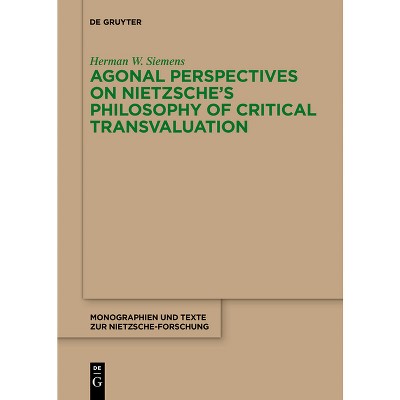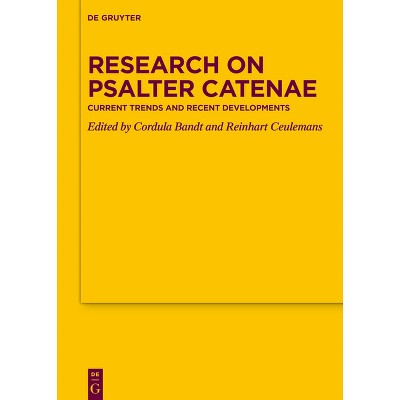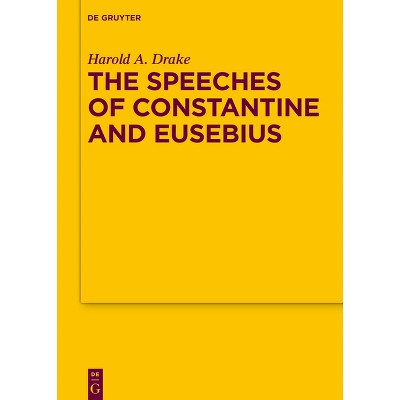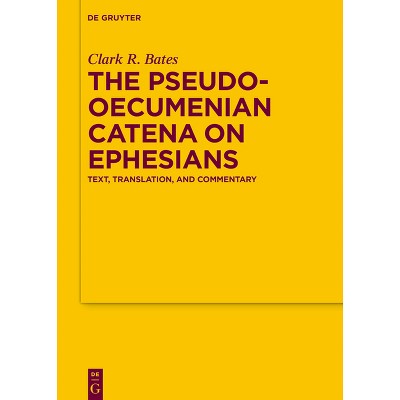Nietzsche's Meta-Existentialism - (Monographien Und Texte Zur Nietzsche-Forschung) by Vinod Acharya (Paperback)

About this item
Highlights
- Vinod Acharya presents a new existential interpretation of Nietzsche's philosophy.
- About the Author: Vinod Acharya, Seattle University, USA.
- 201 Pages
- Philosophy, Movements
- Series Name: Monographien Und Texte Zur Nietzsche-Forschung
Description
About the Book
For several decades, Monographien und Texte zur Nietzsche-Forschung (MTNF) has set the agenda in a rapidly growing and changing field of Nietzsche scholarship. The book series is international in orientation and reflects the entire spectrum of research on Nietzsche. The series publishes monographs and edited volumes that undergo a strict peer-review process. The series is led by an international team of editors.Book Synopsis
Vinod Acharya presents a new existential interpretation of Nietzsche's philosophy. He contends that Nietzsche's peculiar form of existentialism can be understood only by undertaking a thorough analysis of his characterization and critique of metaphysics. This reading remedies the shortcomings of previous existential interpretations of Nietzsche, which typically view existentialism as concerned primarily with the meaning of individual existence, and therefore necessarily at odds with the abstraction and objectivity of metaphysical thought. Acharya argues that the approach of Nietzsche's philosophy, especially in his mature works, is to make the typical existential position foundational, and then to develop to the fullest the implications of this position. This meta-existential approach necessarily yields an ambiguous and open-ended critique of metaphysics. Taking issue with the Heideggerian, the poststructuralist, and the naturalistic interpretations, this book contends that Nietzsche neither simply overcomes metaphysics nor remains trapped within its confines. Acharya argues that an ever-renewed encounter with and critique of metaphysics is an essential aspect of Nietzsche's meta-existentialism.
About the Author
Vinod Acharya, Seattle University, USA.
Shipping details
Return details
Trending Poetry











